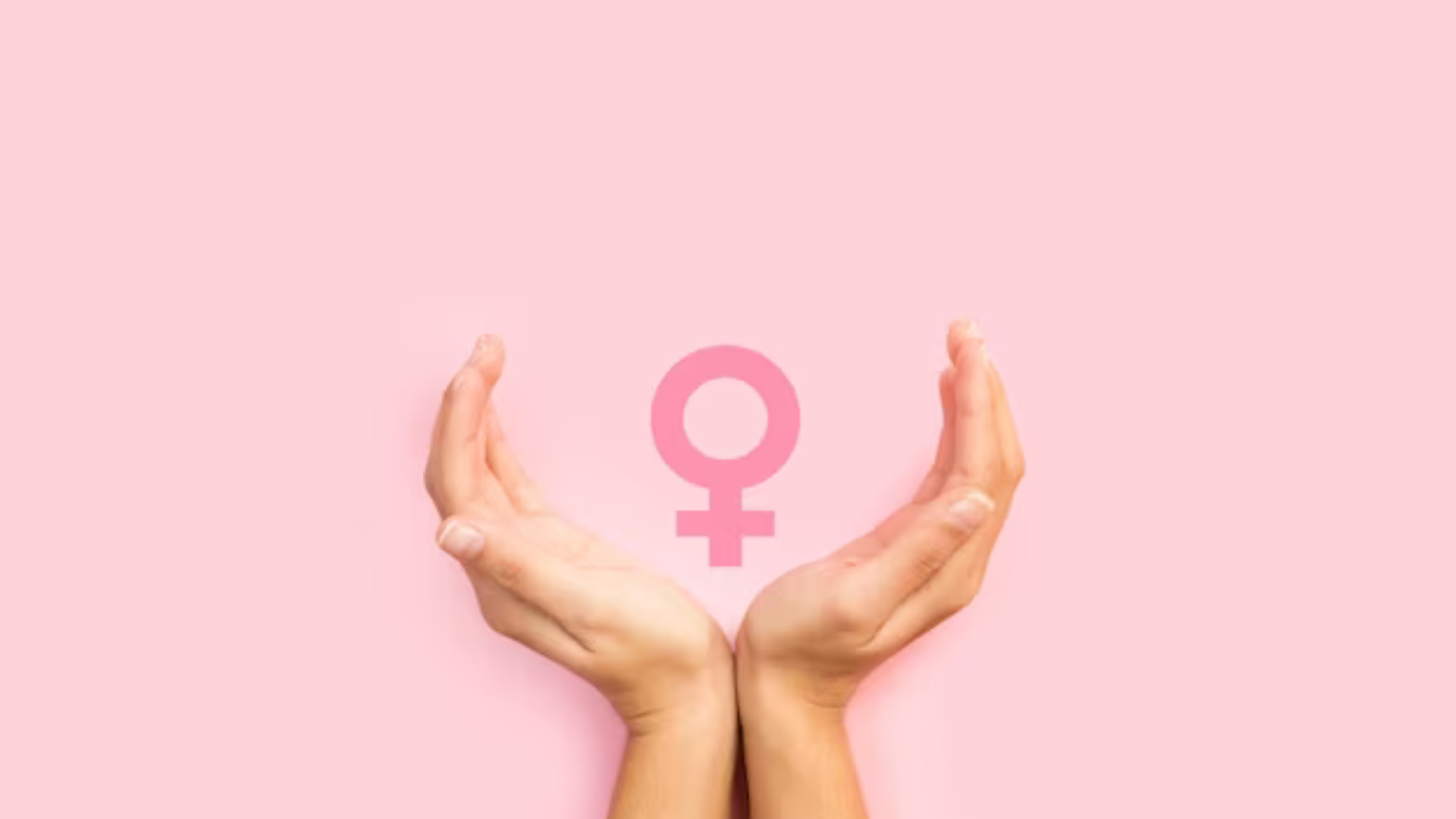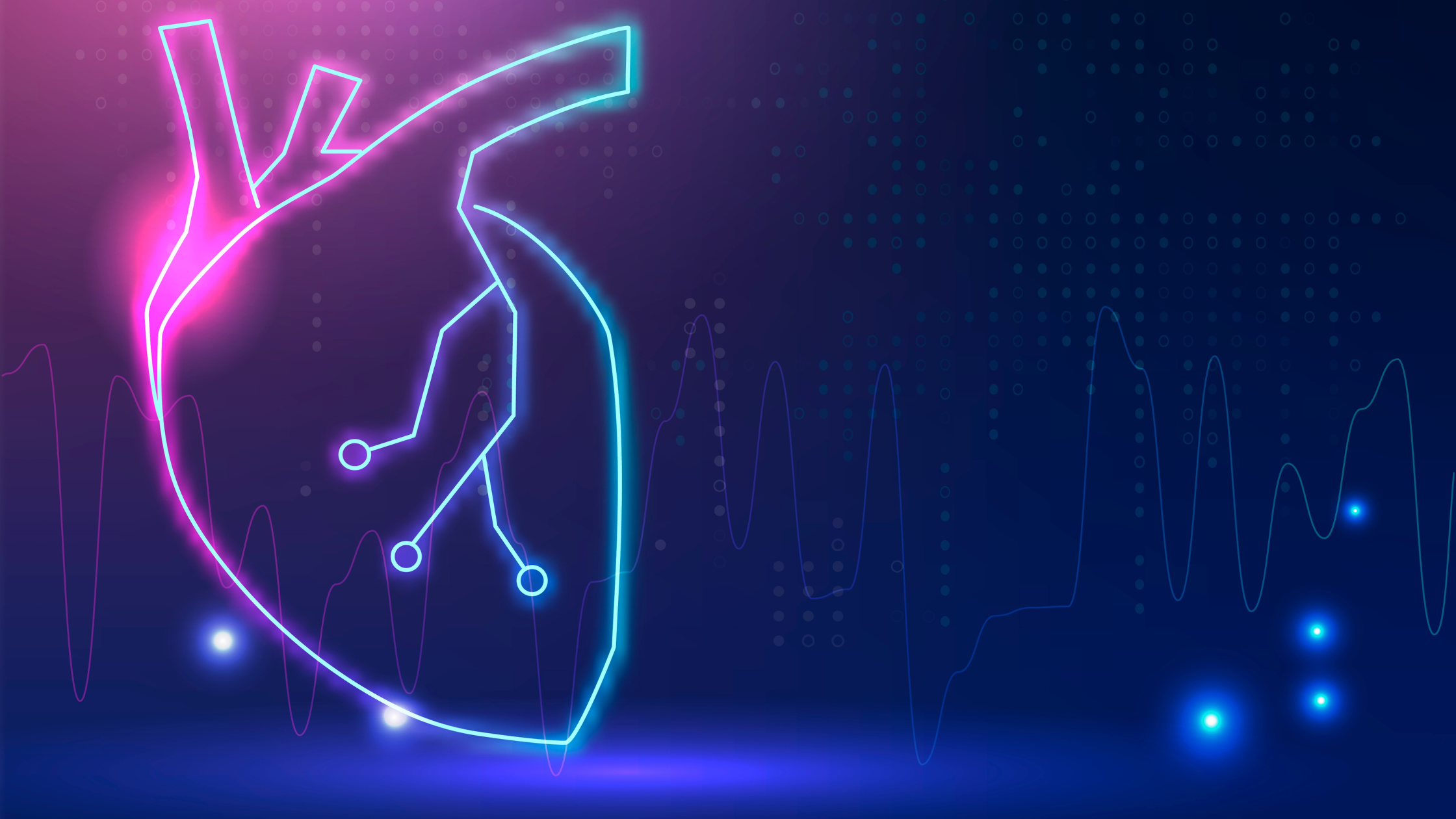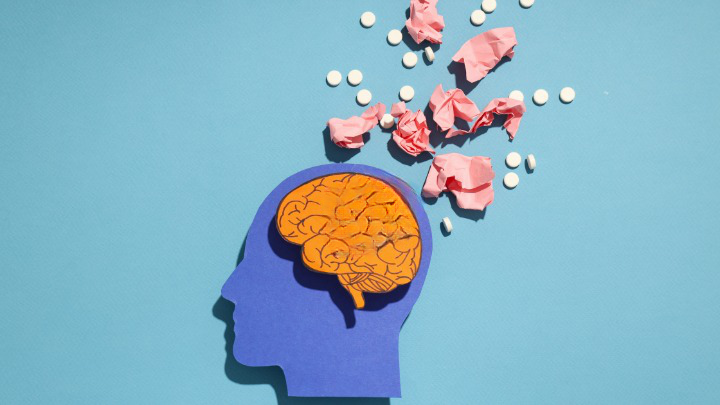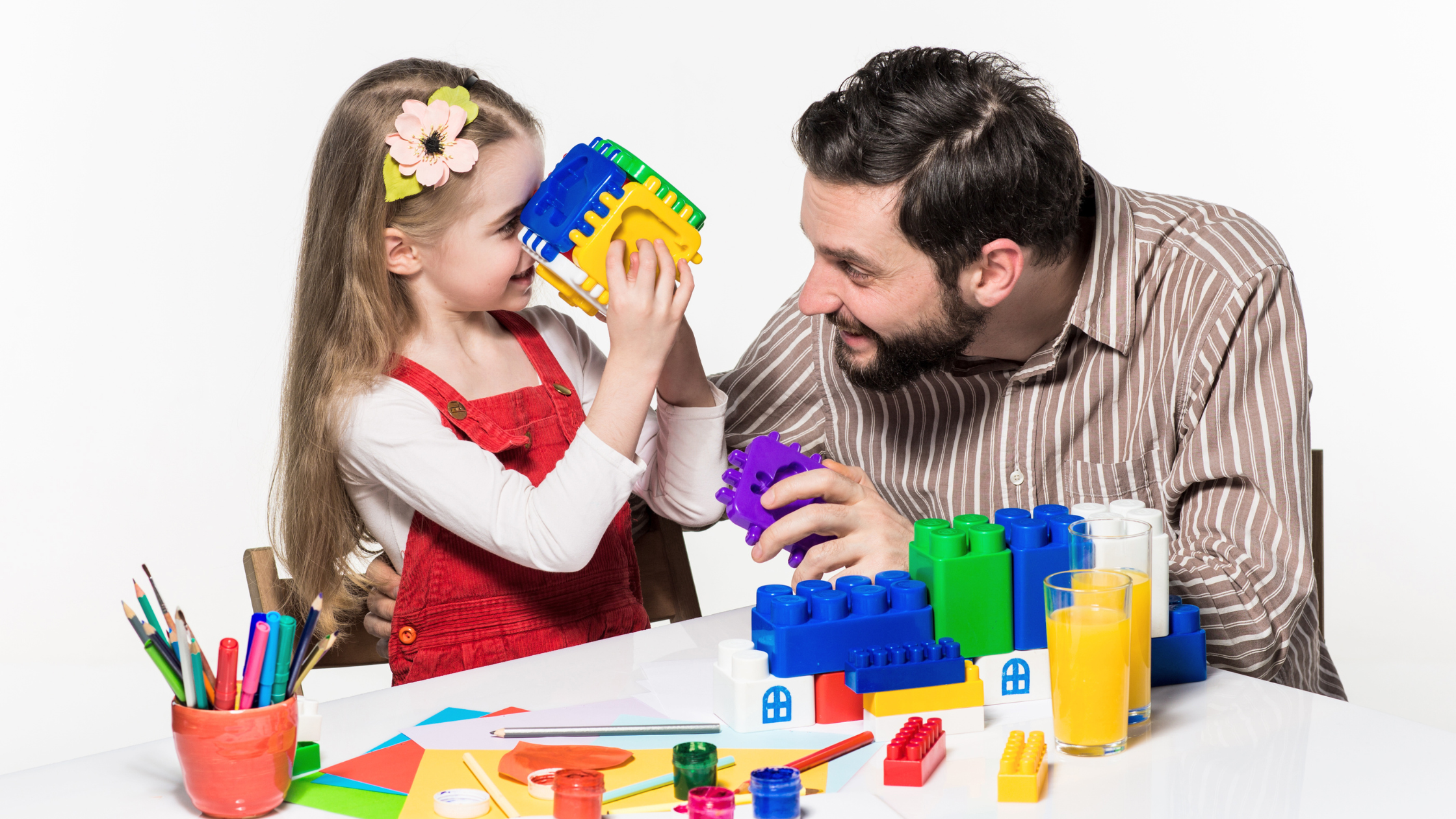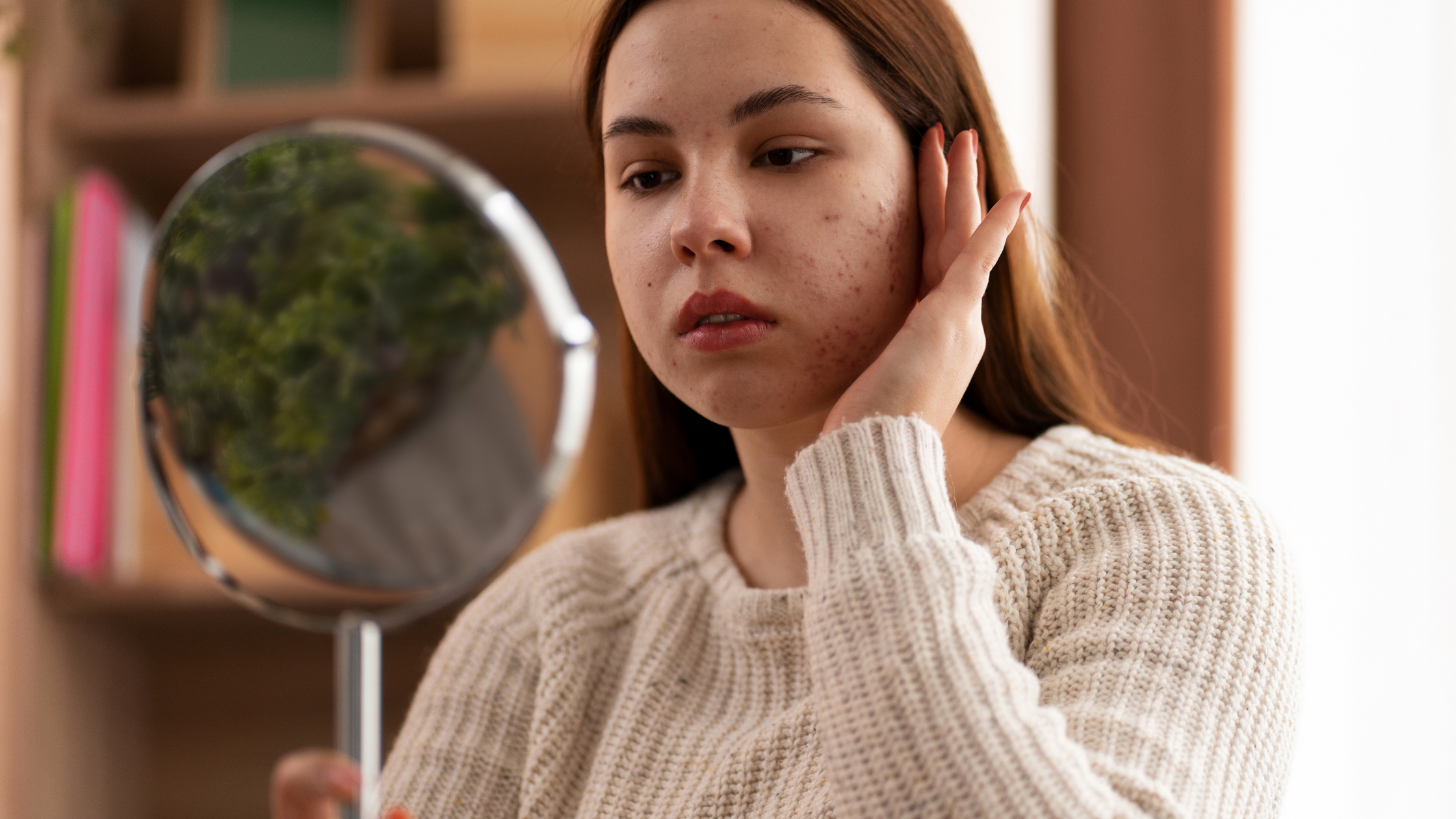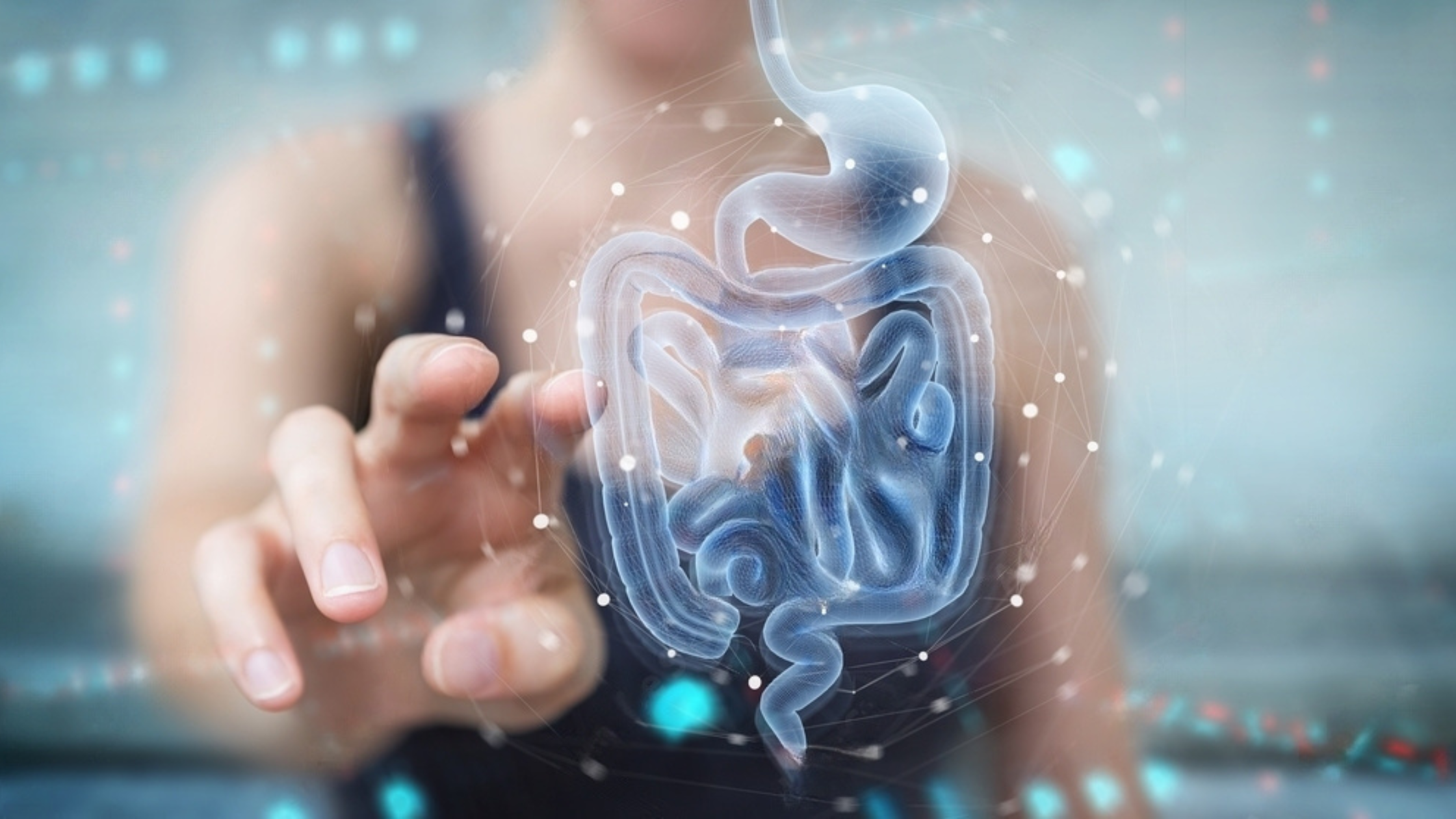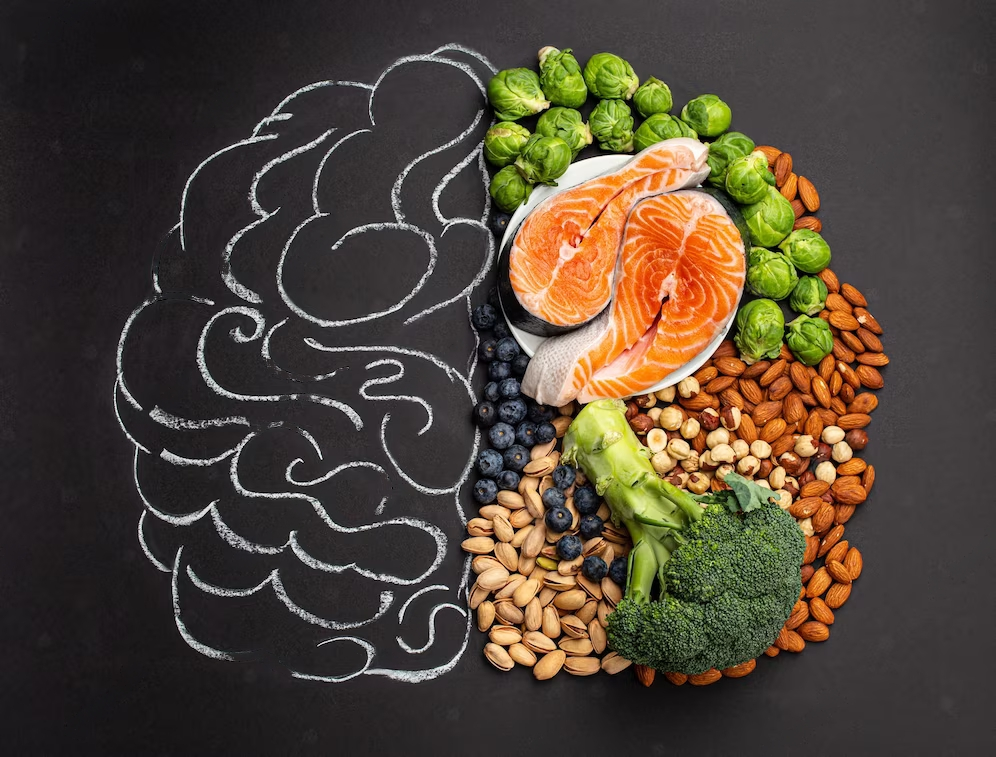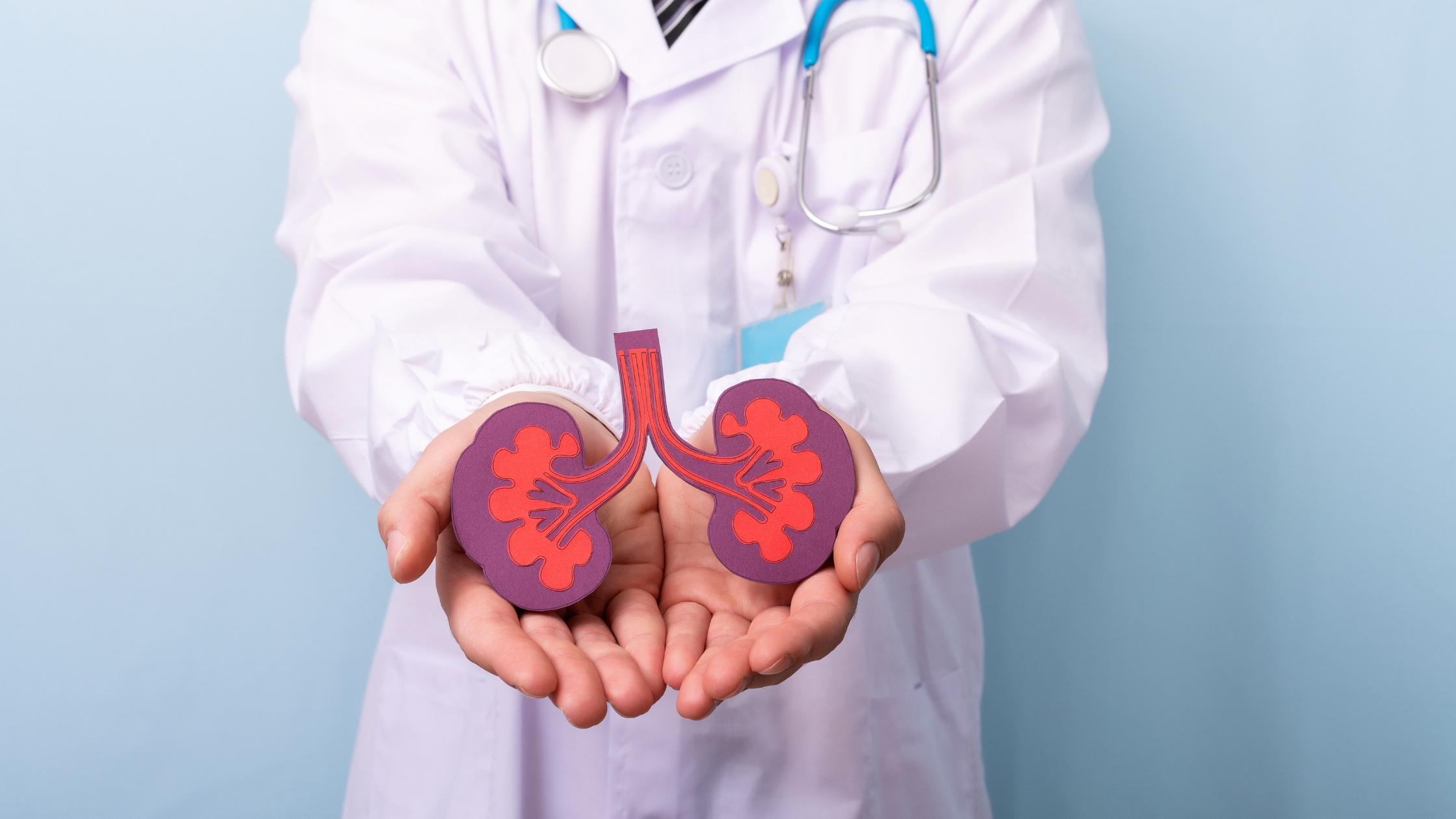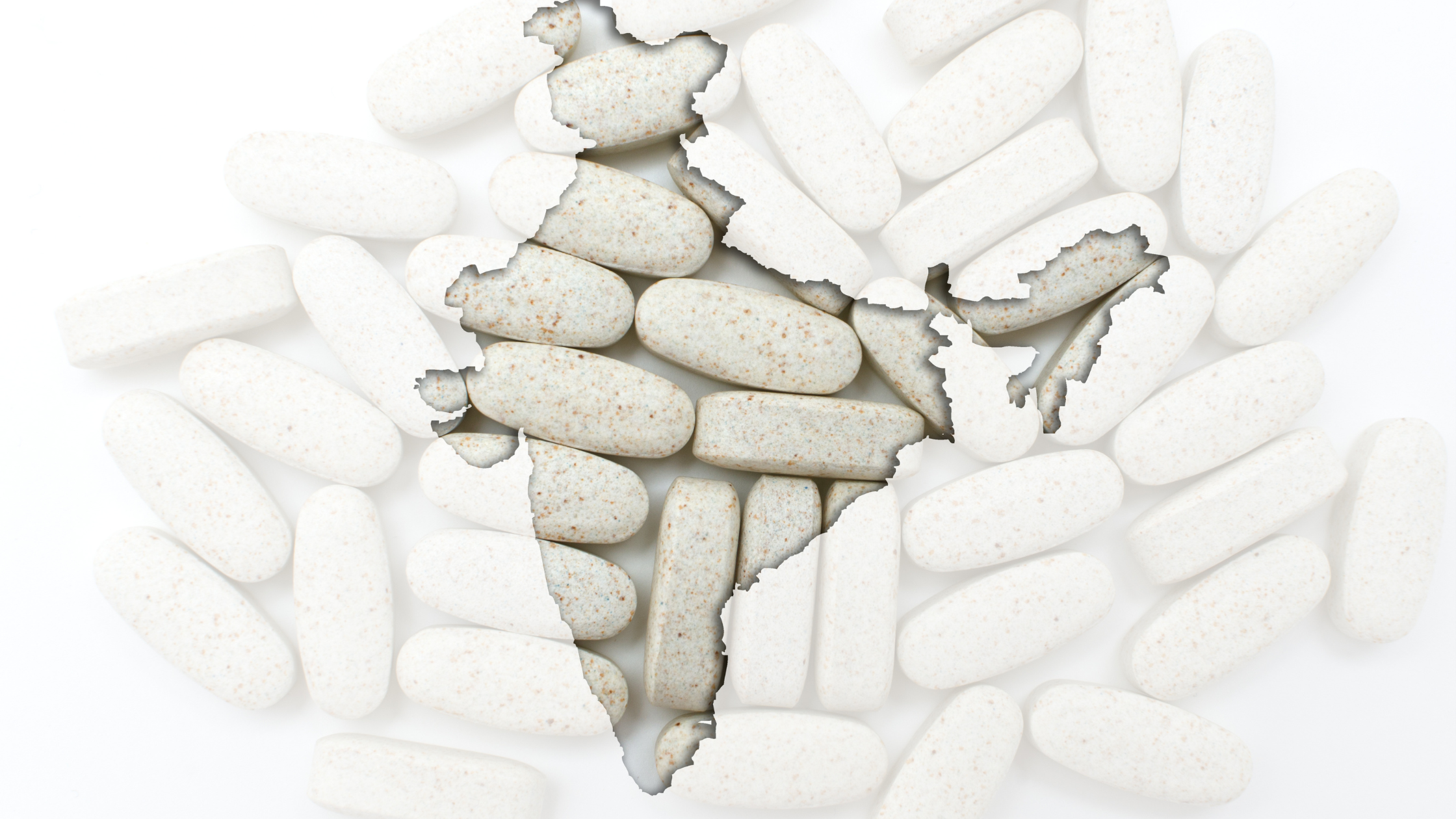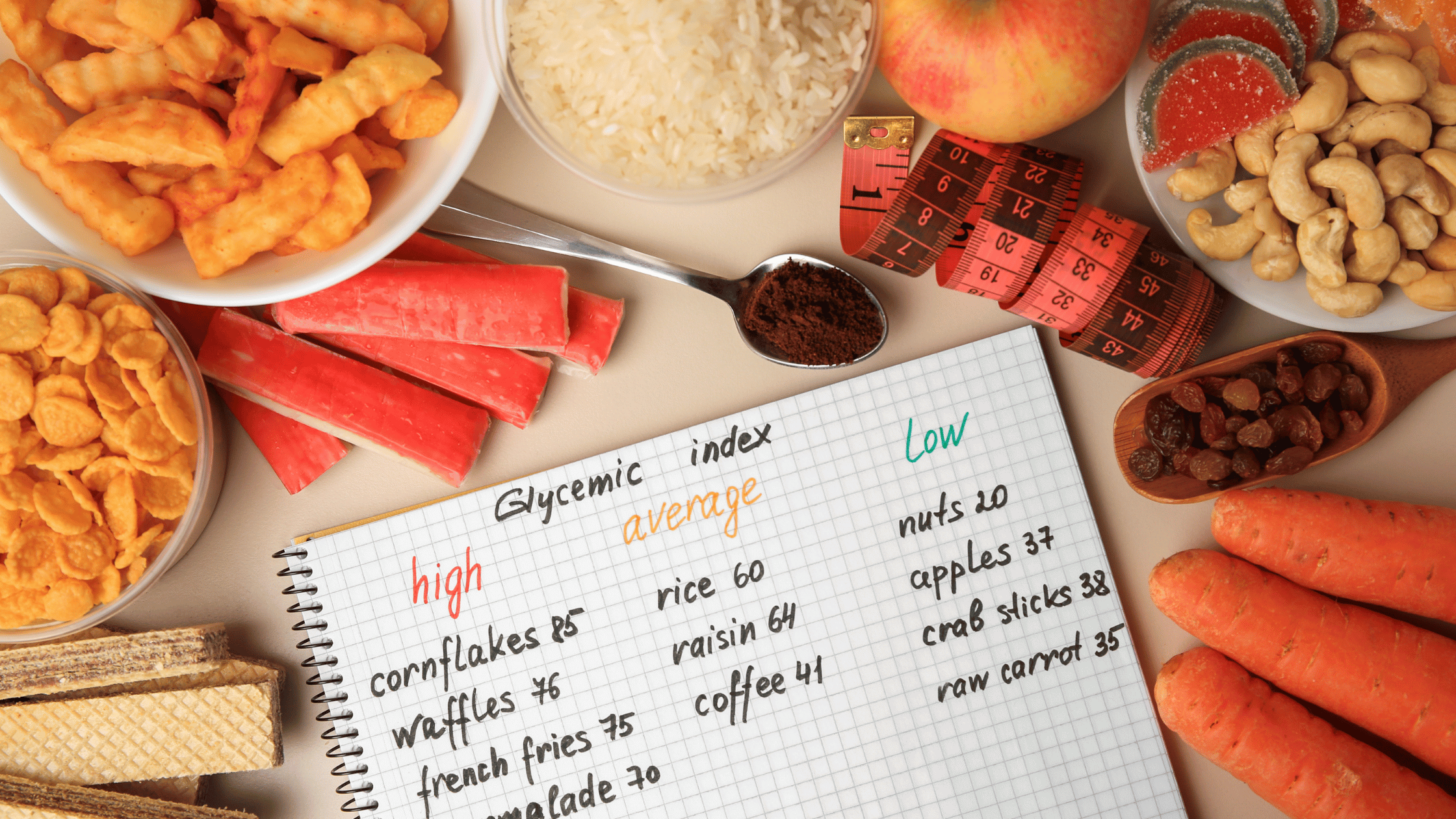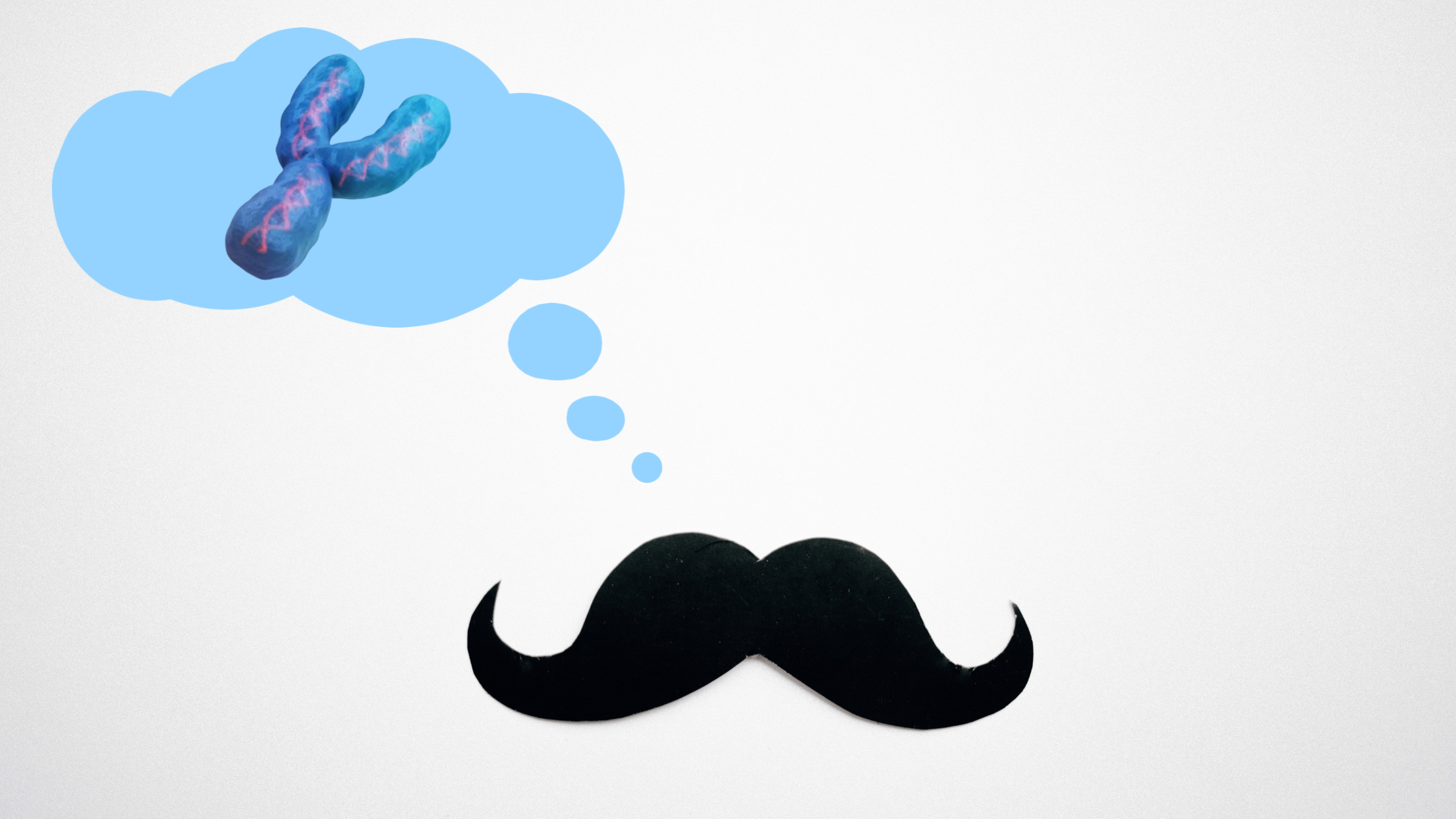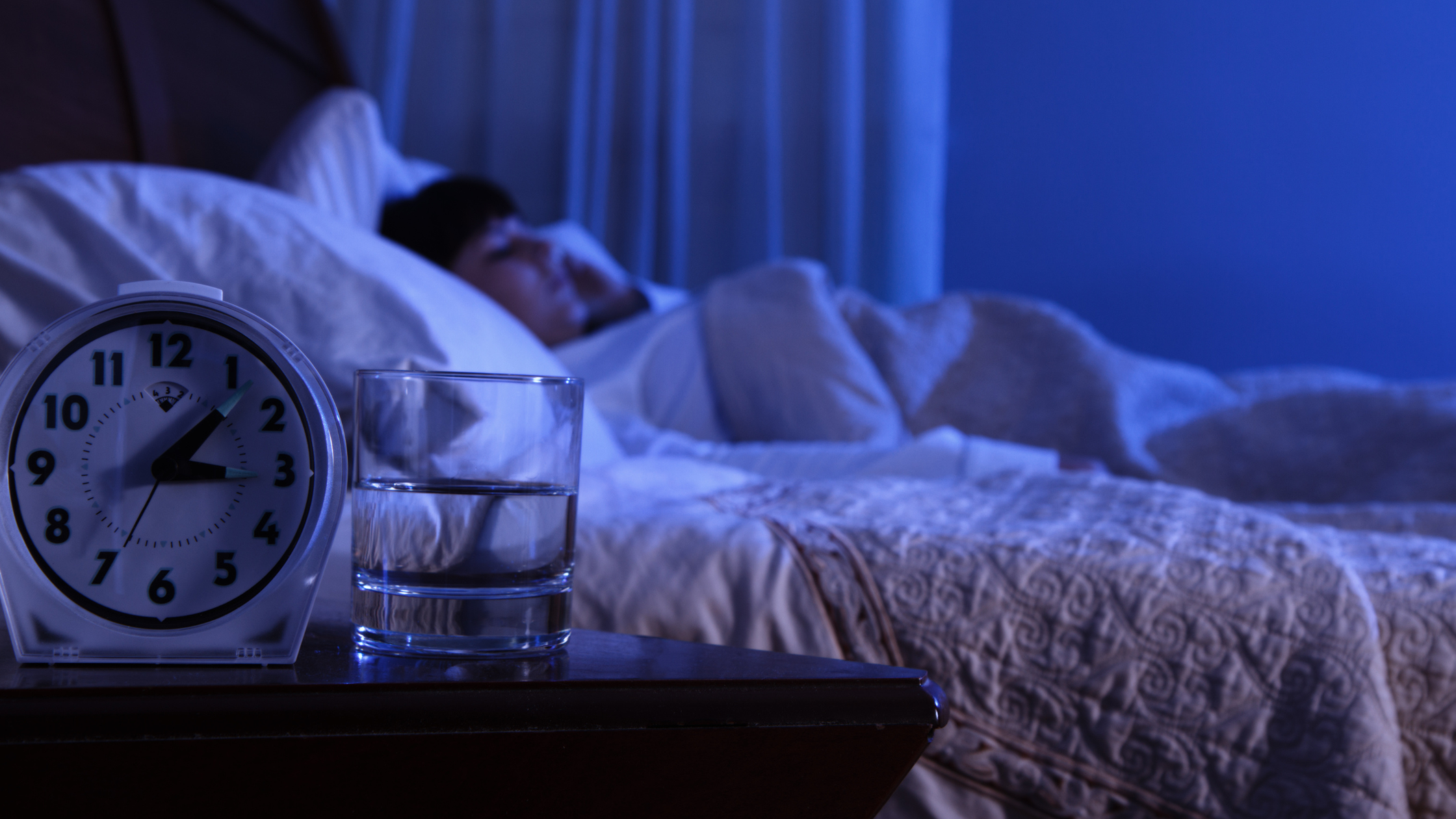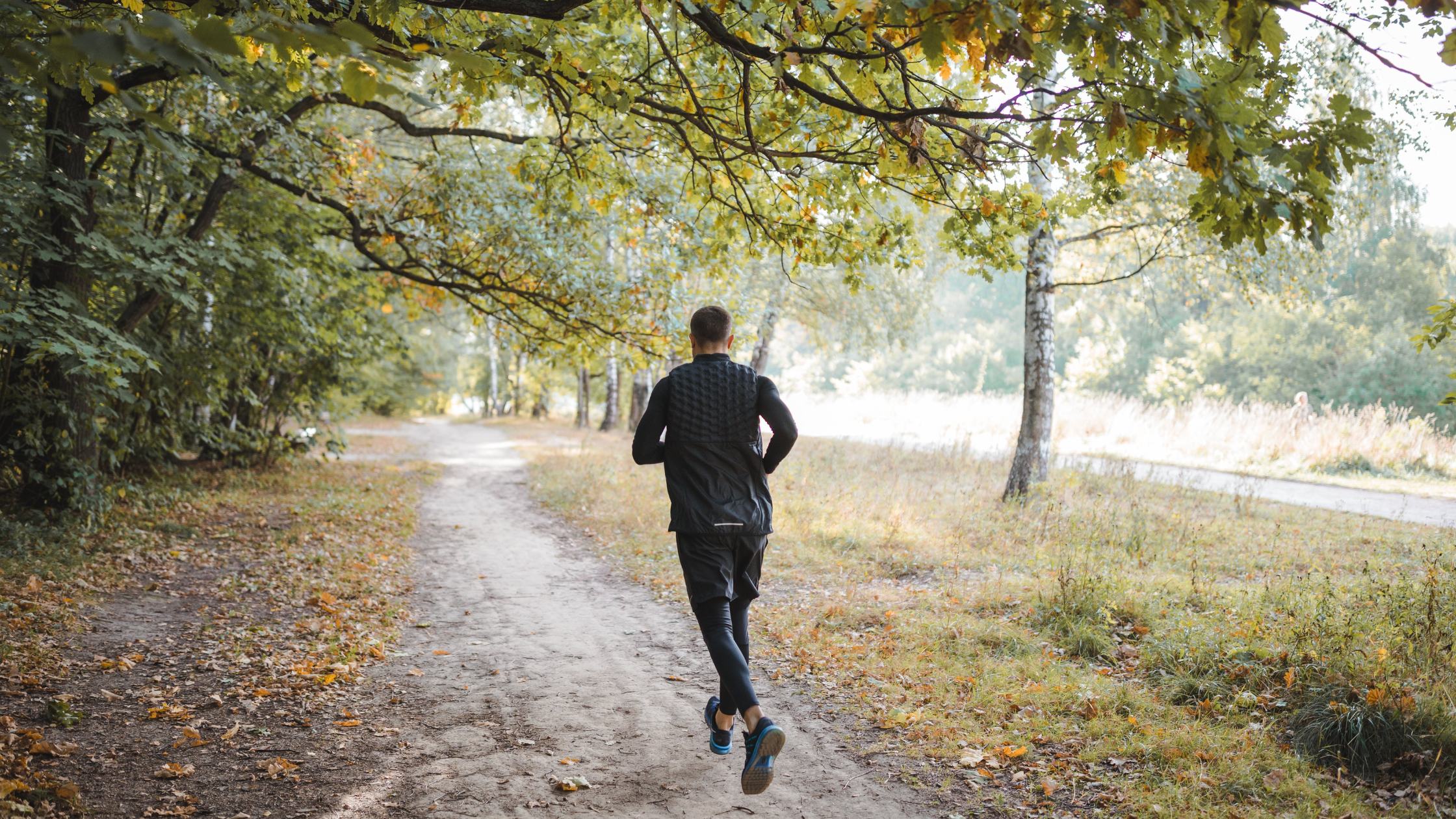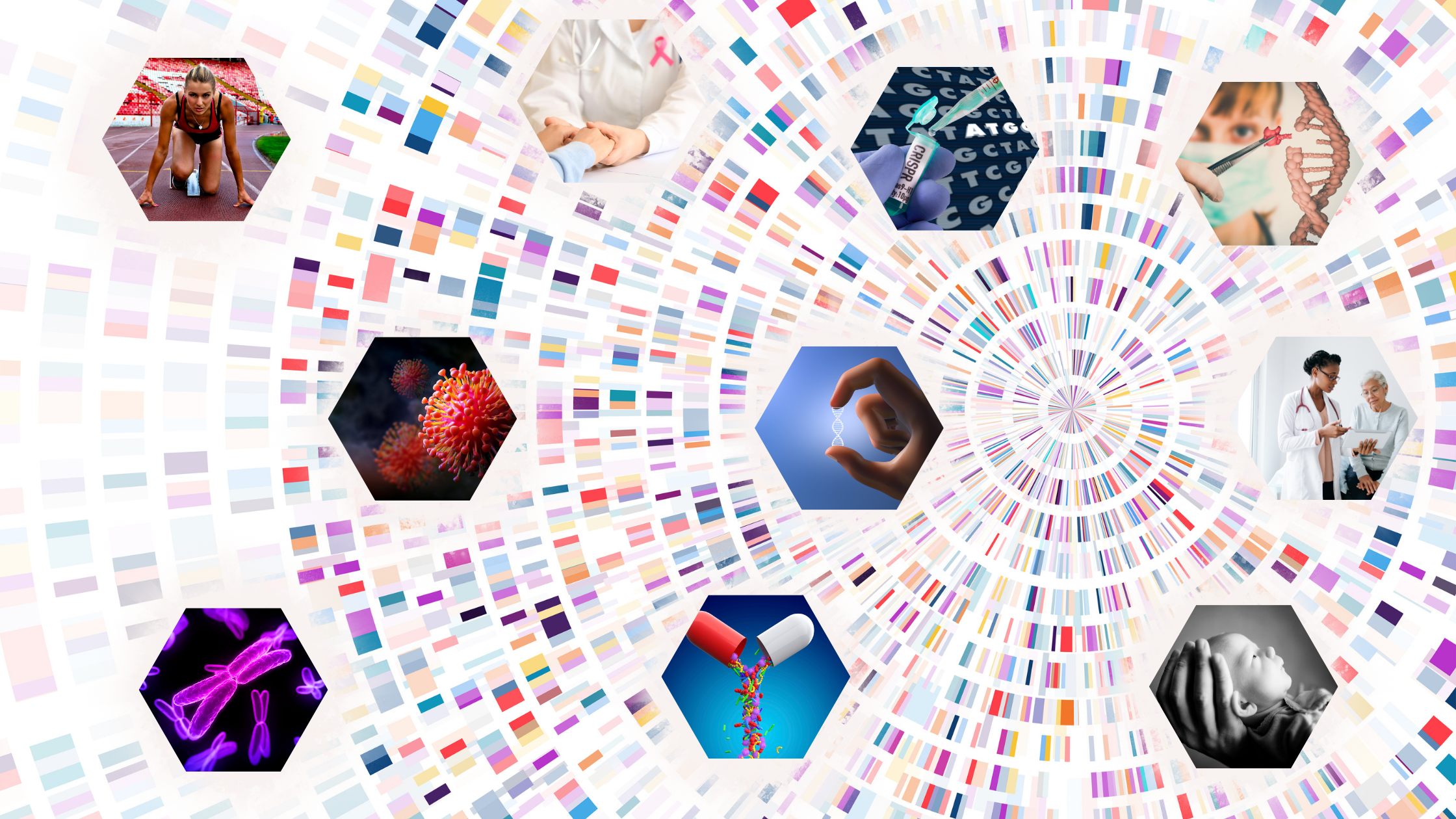Sleep Dearie Sleep

Imagine a moment of quiet contemplation, where you drift into the land of dreams, only to find yourself galloping alongside unicorns and narrated by the legendary David Attenborough. But wait, this isn't just another tale of psychedelic adventures; it's a journey into the realm of something even more enchanting: sleep.
Sleep, a natural phenomenon deeply ingrained in animal evolution, varies widely across species. From the Koala's luxurious 20-hour slumber to the giraffe's brief 2-hour rest, almost all creatures, barring a few exceptions, require some form of restorative sleep.
But why do some effortlessly drift into slumber on trains, while others wrestle with insomnia night after night? In this exploration, we dive into sleep's profound role in human well-being and how our genetic makeup influences the quality and quantity of our much-needed beauty rest.
The Enigma of Sleep
What exactly is sleep?
For many, sleep represents a sanctuary of relaxation and a canvas for vivid dreams – from fantastical lotteries to oddly specific tooth-loss scenarios. Yet, beneath these whimsical narratives lies a profound biological mystery. Sleep is a state that suspends productivity and exposes us to potential dangers (cue the imaginary clown lurking under beds).
So why risk vulnerability to predators for this seemingly unproductive state? The answer lies in sleep's essential role, a purpose honed over millions of years of evolutionary refinement. Despite consuming a significant portion of our lives (over 24 years for most), the intricacies of sleep's functions remain largely enigmatic.
Sleep: A Symphony of Physiology
Sleep isn't merely a passive state of rest; it orchestrates intricate physiological changes. It modulates hormone levels, relaxes muscles, and orchestrates spontaneous brain activity, embodying a dynamic influence on overall physiology rather than targeting isolated systems.
The Clockwork of Sleep
Sleep unfolds in rhythmic cycles, transitioning between REM (Rapid Eye Movement) and non-REM stages. REM sleep, characterised by vivid dreams and heightened physiological activity, contrasts with the more subdued NREM sleep, where brain activity synchronises with minimal eye movement. This cyclical dance of sleep stages shapes our nightly odyssey from initial drowsiness to dream-filled REM episodes.
Sleep regulation involves two key processes: the circadian clock and sleep-wake homeostasis, operating synergistically to ensure a restful night's sleep. The circadian clock, a sophisticated neurochemical system, relies on environmental cues to synchronise internal day-night cycles. Governed by the suprachiasmatic nucleus (SCN) in the hypothalamus, this clock orchestrates hormonal signals like melatonin release from the pineal gland, crucial for sleep initiation.
However, modern lifestyles often disrupt this rhythm, leading to sleep deficits and a cascade of health issues from hormonal imbalances to increased disease risks. Complementing the circadian clock, sleep homeostasis, or sleep pressure, regulates the balance between wakefulness and sleep. As waking hours accumulate, adenosine levels rise in the brain, signalling the need for sleep. Coffee and caffeine can temporarily mask these signals, but prolonged sleep deprivation disrupts brain function, impacting attention, memory, mood, and overall cognitive performance. Understanding these intricate mechanisms is crucial for maintaining optimal sleep quality and overall well-being.
As of recent statistics, it's estimated that globally, around 1 billion people suffer from sleep disorders.
1. Insomnia: Difficulty falling or staying asleep, often due to jet lag, stress, hormonal imbalances, or digestive issues.
2. Sleep Apnoea: Breathing pauses during sleep, leading to reduced oxygen intake. It can be obstructive (airway blockage) or central (brain-muscle communication issue).
3. Restless Leg Syndrome: Overwhelming urge to move legs, often with a tingling sensation.
4. Narcolepsy: Sudden "sleep attacks" while awake, causing extreme tiredness and immediate sleep.
5. Circadian Rhythm Sleep Disorders: Disturbances in sleep timing due to internal clock desynchronisation with light-dark cycles.
Insufficient or poor-quality sleep is linked to various health issues like cardiovascular disease, obesity, mental health disorders, and neurodegenerative diseases. For instance:
a) Cardiovascular Disease (CVD): Short sleep duration (<7 hours) increases CHD mortality risk, while extended sleep (>9 hours) correlates with CHD and stroke.
b)Obesity: Short sleep raises obesity risk due to altered hunger-regulating hormones like ghrelin and leptin.
c)Mental Health Disorders: Sleep problems significantly contribute to major depressive disorder (MDD) development, with insomnia symptoms predicting MDD onset.
d)Neurodegenerative Diseases: Sleep disruptions impair the clearance of neurotoxic proteins, impacting Alzheimer's disease pathology.
Genetic Influence on Sleep
As research progresses in understanding the molecules governing sleep and the prevalence of sleep disorders, it's evident that genetic factors play a crucial role in regulating sleep patterns. While environmental factors like light exposure and noise also impact sleep, genetic control is a significant determinant. This is evidenced by the heritability of sleep traits, the discovery of genetic variations affecting these traits, and the existence of familial sleep disorders.
Genetic Models and Sleep Duration
Genetic model systems like flies and mice have been instrumental in studying sleep and identifying relevant genes. For instance, a study led by scientists at the National Heart, Lung, and Blood Institute (NHLBI) used fruit fly populations to model natural variations in human sleep. They identified 126 differences in 80 genes linked to sleep duration, involving key developmental and signalling pathways such as EGFR, MAPK, and Wnt.
In one of the largest genome-wide association studies (GWAS) on sleep duration, researchers from the UK Biobank uncovered 76 novel loci related to sleep duration. Short-duration variants were associated with traits like smoking and insomnia, while long-duration variants were linked to conditions like schizophrenia, coronary artery disease, and type II diabetes.
Moreover, mutations in genes like ADRB1, ABCC9, DEC2, DRD2, ADA, and FABP7 have been associated with variations in sleep duration.
Genetic Influences on the Circadian Clock
Disruptions in the circadian clock can lead to abnormal sleep patterns. The genetic basis for this was reported by Jones et al (1999) who found a mutation in the PERIOD2 (PER2) gene in individuals with familial advanced sleep phase (FASP) disorder. Other core clock genes like CRY2, CRY1, and CKIδ have also been linked to FASP. Large GWAS studies have identified variants near genes like FBXL13, RGS16, and AK5, which are involved in regulating chronotype (morning/evening person) and circadian rhythms.
The Importance of Sleep Health
Sleep health is a critical yet often overlooked aspect of public health. Chronic sleep deprivation increases the risk of various diseases, and there are disparities in sleep deprivation rates among different populations. Addressing sleep health through public health communication, education campaigns, workplace policies, and targeted research into vulnerable populations can significantly improve overall health outcomes and promote health equity.
Further research into the genetic and molecular aspects of sleep, especially within noncoding regulatory elements, will enhance our understanding of sleep regulation, function, and disruptions. This knowledge can lead to more targeted interventions and strategies to manage sleep-related issues effectively.
References
Walker M. Why Your Brain Needs to Dream. Greater Good Magazine. 2017. Access: https://greatergood.berkeley.edu/article/item/why_your_brain_needs_to_dream
Suni E and Truong K. How Sleep Affects Immunity. Sleep Foundation. 2020. Access: https://www.sleepfoundation.org/physical-health/how-sleep-affects-immunity
Hale L, Troxel W, Buysse DJ. Sleep health: An opportunity for public health to address health equity. Annual review of public health. 2020 Apr 1;41:81-99.
Sehgal A, Mignot E. Genetics of sleep and sleep disorders. Cell. 2011 Jul 22;146(2):194-207.
Maxime J, O’Hara BF, Franken P. Recent advances in understanding the genetics of sleep. F1000Research. 2020;9.
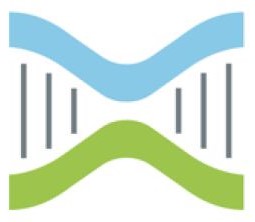
The Gene Box





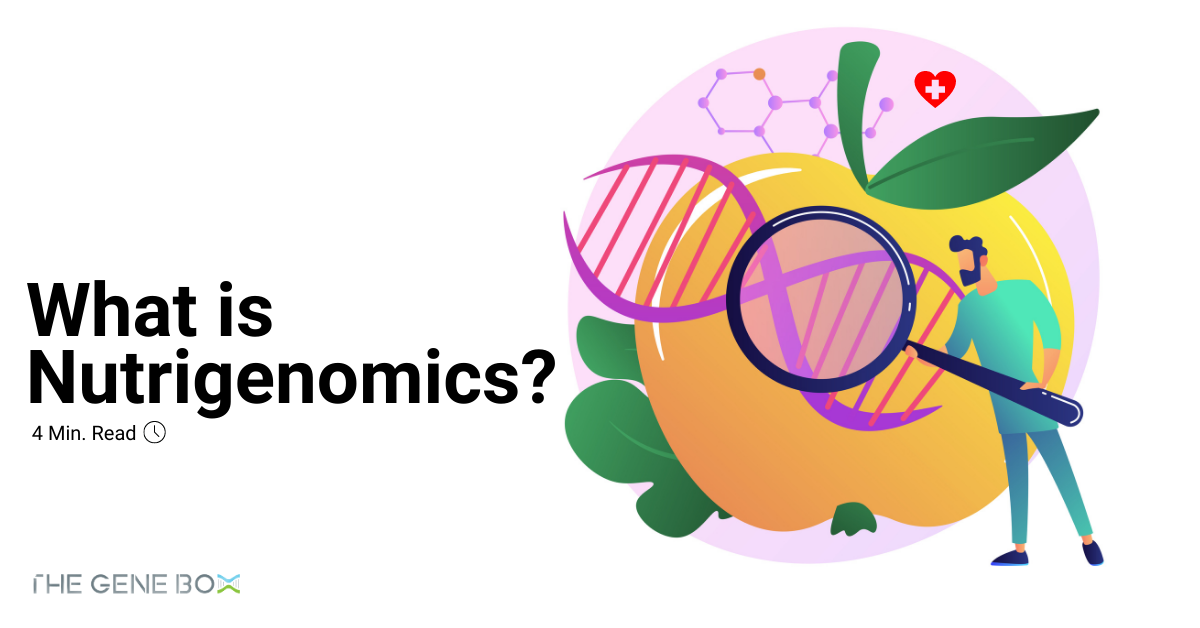


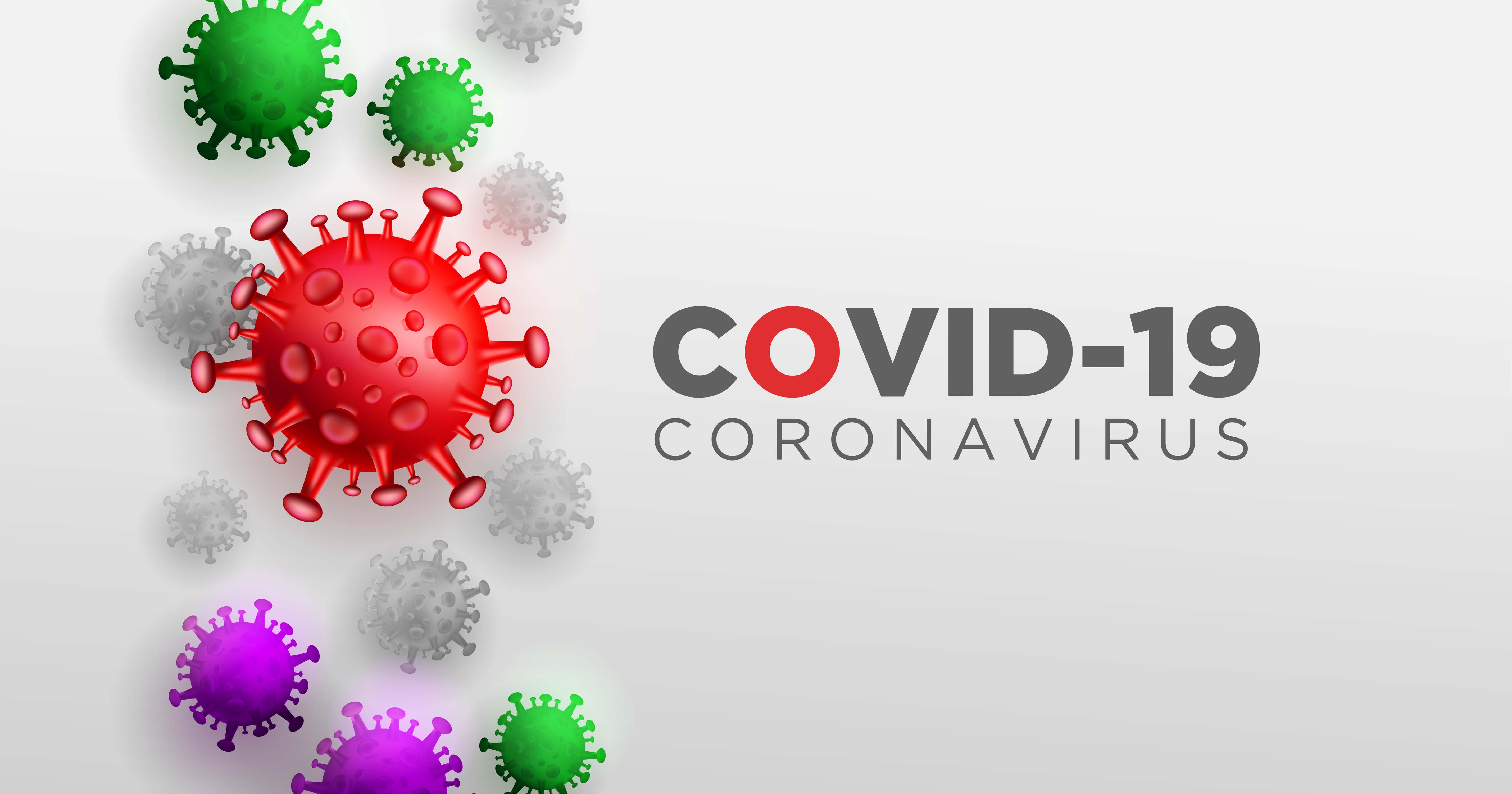
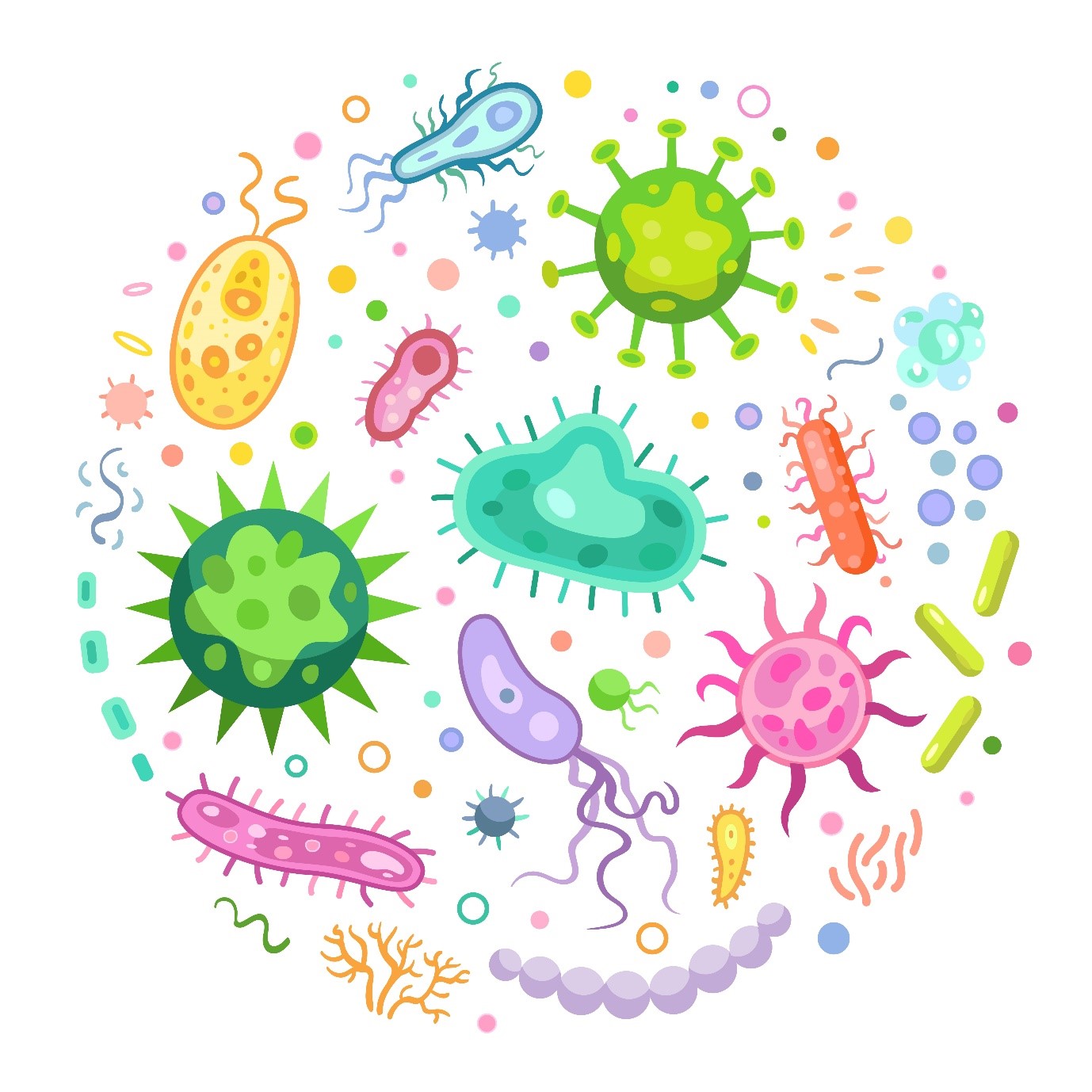

.png)
